Exploring the Candy Crush Community and Fanbase
The Candy Crush community and fanbase are vibrant, diverse, and continuously growing, reflecting the game’s universal appeal since its launch in 2012. This article delves into various facets of this community, exploring how the game has captivated a global audience and fostered engagement across multiple platforms.
Candy Crush Saga, developed by King, quickly became a cultural phenomenon, primarily because of its simple yet addictive gameplay. Players match candies in combinations to achieve specific goals within a set number of moves or time. Its accessibility on mobile devices has facilitated widespread participation, with over a billion downloads, demonstrating its vast reach.
One of the unique aspects of the Candy Crush community is its demographic diversity. Unlike many games that target specific age groups, Candy Crush has a broad appeal. It’s popular among both younger and older generations, with a significant proportion of players being women between the ages of 25 and 55. This unique demographic makeup has influenced the game’s development, with King consistently updating content to cater to its wide-ranging audience.
Community engagement is vital for Candy Crush’s sustained success. Social media platforms like Facebook, Instagram, and Twitter are bustling with fan interactions. Players share tips, celebrate reaching new levels, and sometimes even express frustrations about particularly challenging stages. The official Candy Crush social media accounts actively engage with the community by sharing updates, offering exclusives, and hosting events or challenges that encourage participation.
Online forums and fan sites are also central to the Candy Crush community. Websites such as Reddit and dedicated fan blogs provide spaces for discussions, where players exchange strategies and insights about game mechanics. These platforms enable players to connect globally, reinforcing a sense of community among those with a shared passion for the game.
In addition to these traditional online platforms, community events have played a role in nurturing the Candy Crush fanbase. King frequently organizes in-game events that align with seasons or holidays, offering special challenges or rewards. These initiatives not only keep the game fresh and engaging but also inspire camaraderie among players striving to complete shared objectives.
The game’s integration with social networks significantly contributed to its communal aspect. By connecting their accounts, players can send and receive lives from friends, enhancing the collaborative element. This feature has been instrumental in establishing a player-based support system, whereby friends aid each other in advancing through difficult levels.
Monetization within the game is another topic of interest within the community. While Candy Crush is free to play, it offers in-app purchases for extra lives, moves, or boosters that make gameplay easier. Discussions about these purchases are frequent, with players exchanging advice on efficiently enjoying the game without incurring costs, fostering a community ethos of resourcefulness and sharing.
Live streaming and video content have further expanded Candy Crush’s community reach. Platforms like YouTube and Twitch feature gameplay videos, including walkthroughs and live streams, where fans can watch others tackle tough levels or discover new strategies. This content serves as both entertainment and education, enriching the gaming experience by providing visual guides to complex puzzles.
Equally important are the celebrity endorsements and appearances in popular media, which have reinforced Candy Crush’s pop culture status. High-profile personalities have publicly admitted their fondness for the game, adding to its allure and attracting diverse players curious about the buzz surrounding it. This has amplified discussions about the game, drawing even wider interest.
Some criticisms have emerged within the community, notably regarding the game’s difficulty spikes and the reliance on in-app purchases for progression. However, these discussions continue to foster player innovation as they find ways to overcome these hurdles without financial investment, again highlighting the community’s resourceful spirit.
Over the years, King has maintained a close connection with its community, actively seeking feedback and implementing changes based on player suggestions. This responsiveness has been a key factor in maintaining the game’s popularity and ensuring it remains relevant in an ever-evolving gaming landscape.
Lastly, Candy Crush’s community has shown its impact beyond casual gaming. Its collaborative and inclusive ethos has inspired various initiatives, including charity events and awareness campaigns facilitated through gameplay. These efforts illustrate how a simple game can transcend its virtual boundaries, fostering a global community that extends its positive influence into real-world scenarios.
In summary, the Candy Crush community and fanbase represent a testament to the game’s universal appeal and the power of shared enthusiasm. This vibrant network of players not only contributes to the game’s prolonged success but also showcases the potential of mobile gaming to unite individuals across different backgrounds and locales.
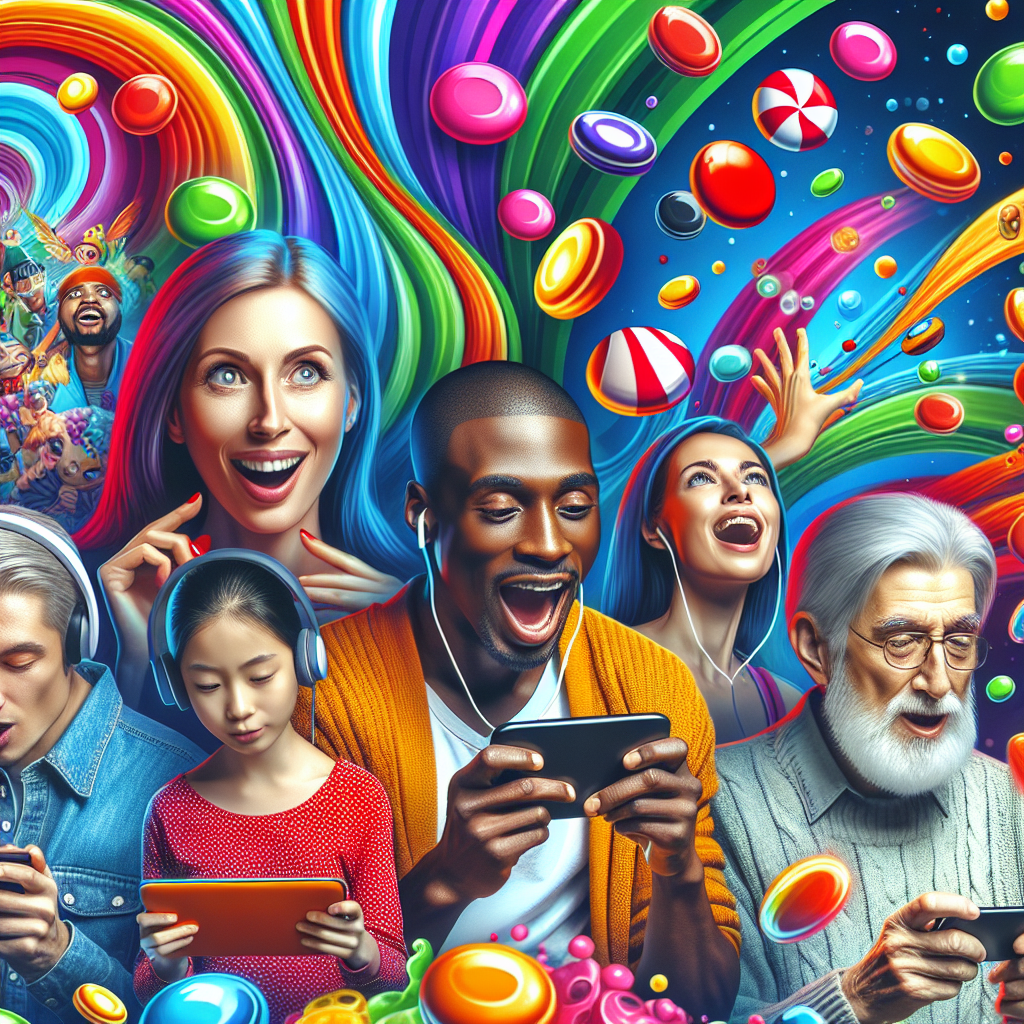
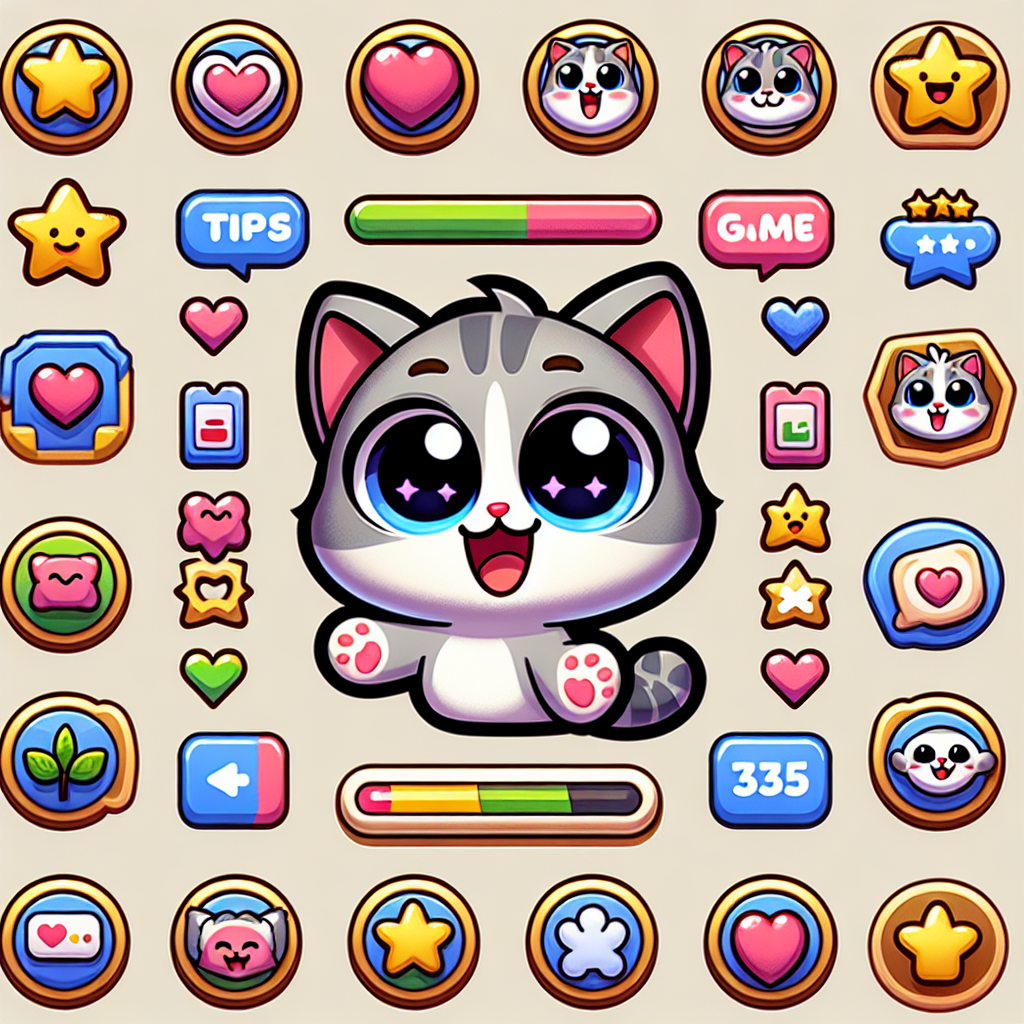
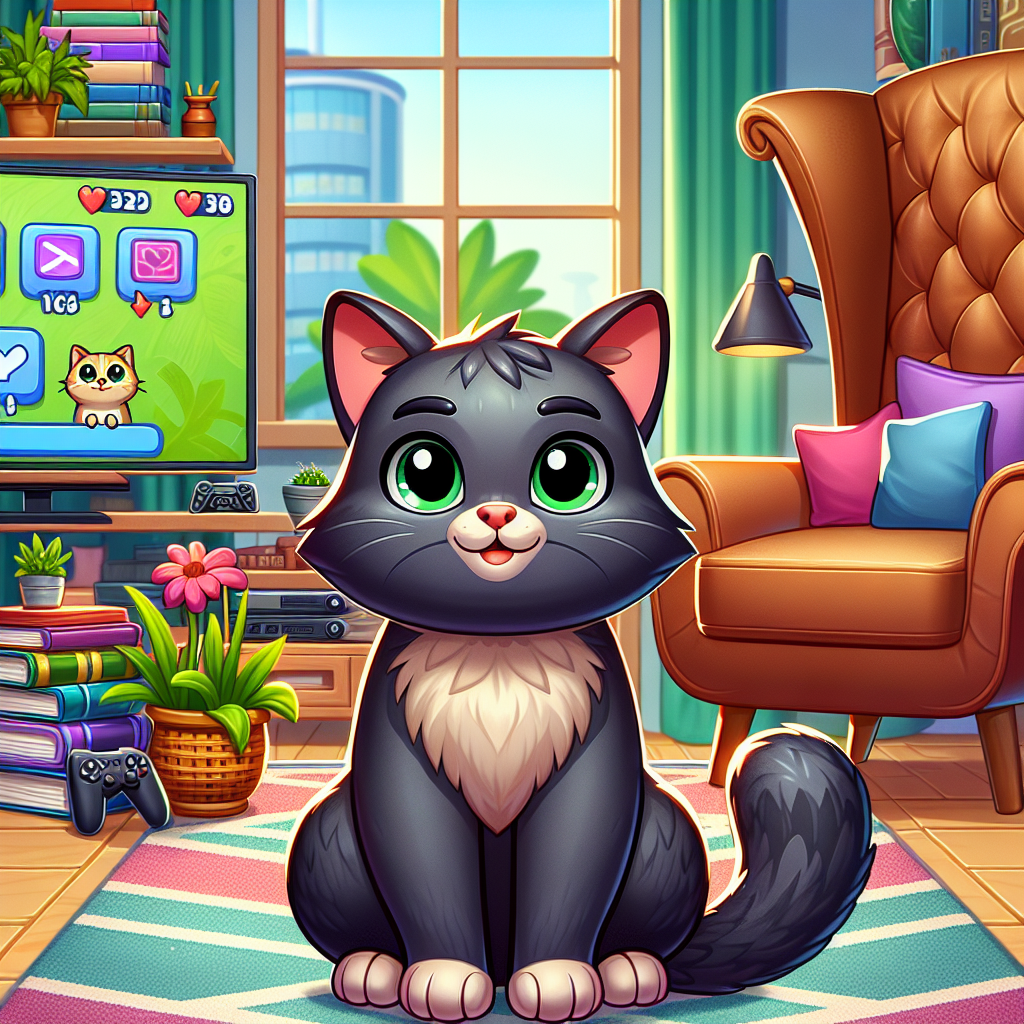
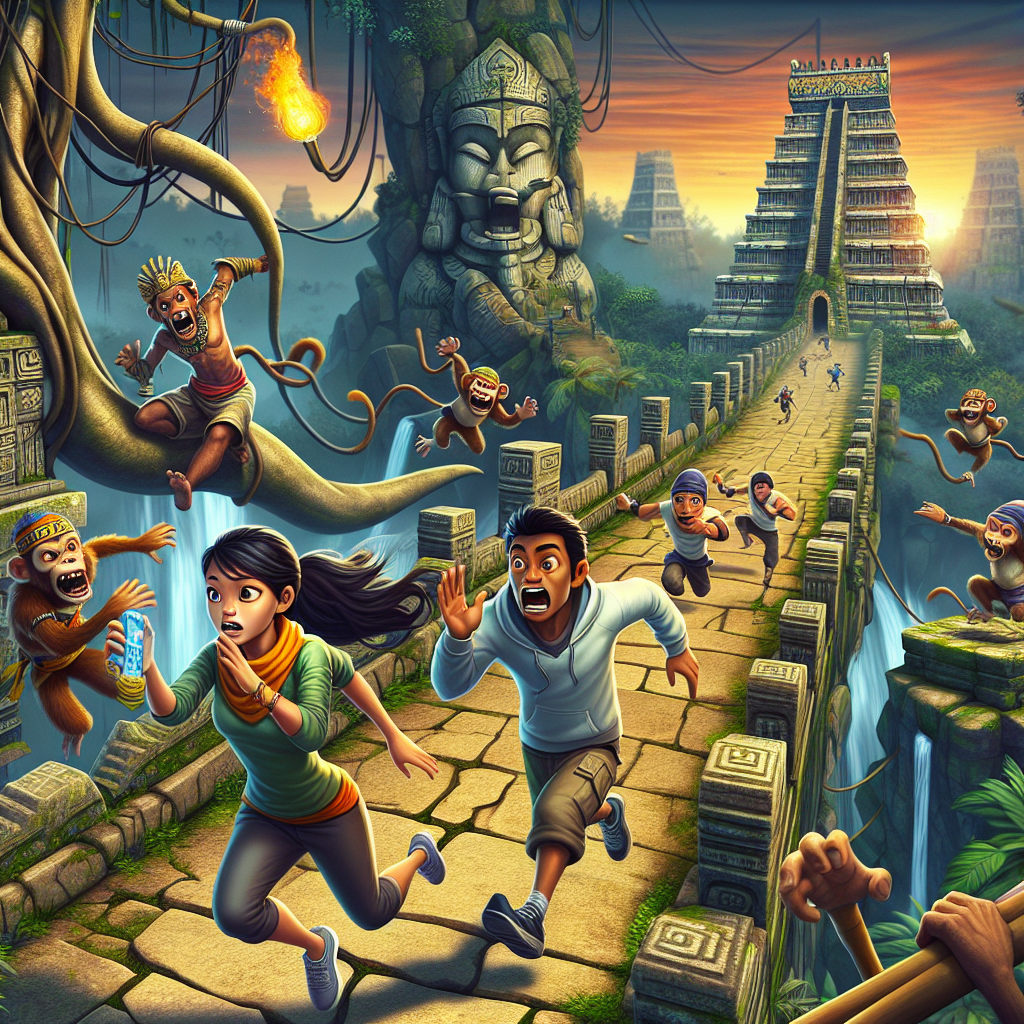
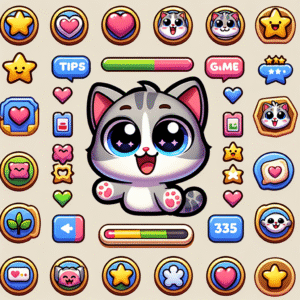

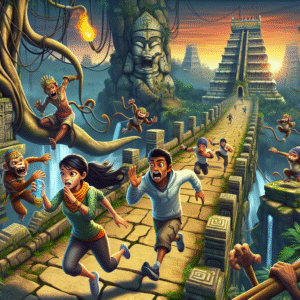
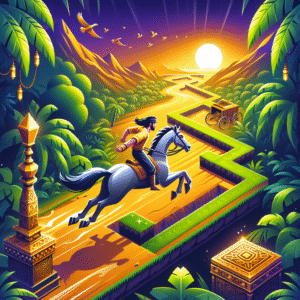

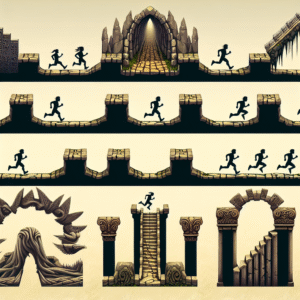




Post Comment